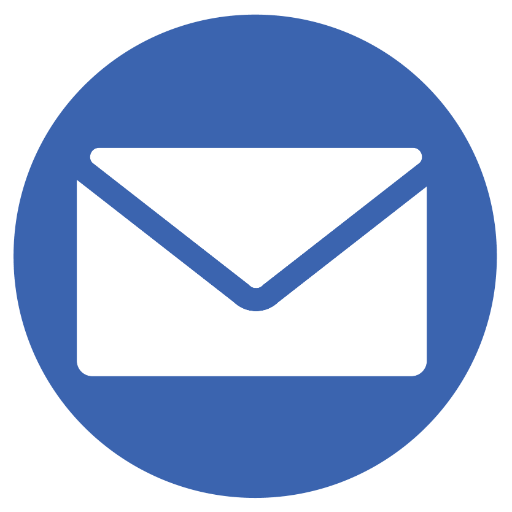Web Scraper-AI-powered web scraping tool
AI-powered data extraction made easy
Hi, Enter a website link or list of websites to scrape the contents.
Related Tools
Load More20.0 / 5 (200 votes)
Introduction to Web Scraper
Web Scraper is a tool designed to automate the extraction of data from websites, enabling users to efficiently gather and organize information that might otherwise require extensive manual effort. The primary purpose of a Web Scraper is to access, navigate, and extract data from web pages, which can be structured or unstructured, and transform it into a more usable format like a spreadsheet, database, or JSON file. For example, an e-commerce company might use a Web Scraper to collect competitor pricing data across multiple online stores, allowing them to adjust their pricing strategy accordingly. Another scenario could involve a researcher scraping scientific articles from various databases to compile relevant data for a meta-analysis.

Main Functions of Web Scraper
Data Extraction
Example
A market research firm uses Web Scraper to extract customer reviews from multiple product pages on an online retail website.
Scenario
The firm automates the collection of thousands of reviews to analyze sentiment and identify common themes, helping businesses understand consumer behavior better.
Automation of Repetitive Tasks
Example
A real estate agency uses Web Scraper to monitor and record new property listings from several real estate websites.
Scenario
Instead of manually checking each website daily, the agency sets up a scraper to automatically log new listings, ensuring they are always up-to-date with the latest properties on the market.
Data Transformation and Integration
Example
A financial analyst uses Web Scraper to gather stock prices from various financial websites and integrate this data into a financial model.
Scenario
The analyst sets up a Web Scraper to pull the latest stock prices hourly, which are then fed directly into a pre-built financial model, providing real-time insights for investment decisions.
Ideal Users of Web Scraper
Market Researchers and Analysts
Market researchers and analysts benefit from Web Scraper because it allows them to collect large volumes of data across various websites efficiently. This data is essential for conducting competitive analysis, customer sentiment analysis, and trend forecasting. By automating the data collection process, these professionals can focus more on analysis and strategy rather than spending time gathering data manually.
E-commerce Companies
E-commerce companies use Web Scraper to monitor competitor pricing, track product availability, and gather customer feedback from various platforms. This helps them stay competitive in a rapidly changing market by providing real-time data on competitors' actions and customer preferences, enabling them to adjust their strategies quickly.

How to Use Web Scraper
Step 1
Visit aichatonline.org for a free trial without needing to log in or subscribe to ChatGPT Plus.
Step 2
Familiarize yourself with the tool by reviewing any provided tutorials or documentation on the website. This will give you an understanding of its interface and capabilities.
Step 3
Prepare the list of URLs or keywords you intend to scrape. Ensure that these are well-defined to obtain precise data.
Step 4
Use the Web Scraper tool to define the data you want to extract. This can include contact information, specific page contents, or metadata.
Step 5
Analyze the scraped data within the tool or export it to your preferred format (e.g., CSV, JSON) for further processing.
Try other advanced and practical GPTs
代码助手
AI-powered tool for coding efficiency.

Wedding Invitation Creator - Deluxe
Create Stunning Wedding Invitations with AI

I am not allowed to say "llama"
AI-powered creativity and coding assistant.

RizzGPT - Texting Assistant
AI-Powered Dating Text Assistant

国产喷子
AI-powered tool for sharp NPC creation

Professional Email Paraphraser
AI-powered professionalism for your emails.

WEBサイトデザイナー
AI-powered design tool for websites

MLA 9
AI-powered tool for MLA 9 formatting

Result Raccoon
AI-powered manuscript analysis for medical research.

RPG Ability Icon Creator
AI-powered icons for RPG abilities

JAVA
Empowering Code with AI Precision

記事構成の誤字脱字チェック
AI-powered Japanese article proofreading

- Market Research
- Lead Generation
- SEO Analysis
- Content Aggregation
- Competitor Monitoring
Frequently Asked Questions about Web Scraper
What types of data can Web Scraper extract?
Web Scraper can extract various types of data including contact details, text content from specific web pages, metadata, and structured data from tables or lists.
Is coding experience required to use Web Scraper?
No, Web Scraper is designed to be user-friendly and does not require any coding experience. The interface allows users to define scraping rules visually.
Can Web Scraper handle large volumes of data?
Yes, Web Scraper is capable of handling large datasets. However, it's advisable to break down large tasks into smaller segments to manage resource usage effectively.
Is it legal to scrape data from any website?
While Web Scraper provides the technical capability to scrape data, users should always comply with the terms of service of the websites they are scraping, and respect copyright and privacy laws.
Can Web Scraper be used for academic research?
Absolutely! Web Scraper is an excellent tool for gathering data for academic research, including collecting articles, gathering statistics, or extracting bibliographic data.